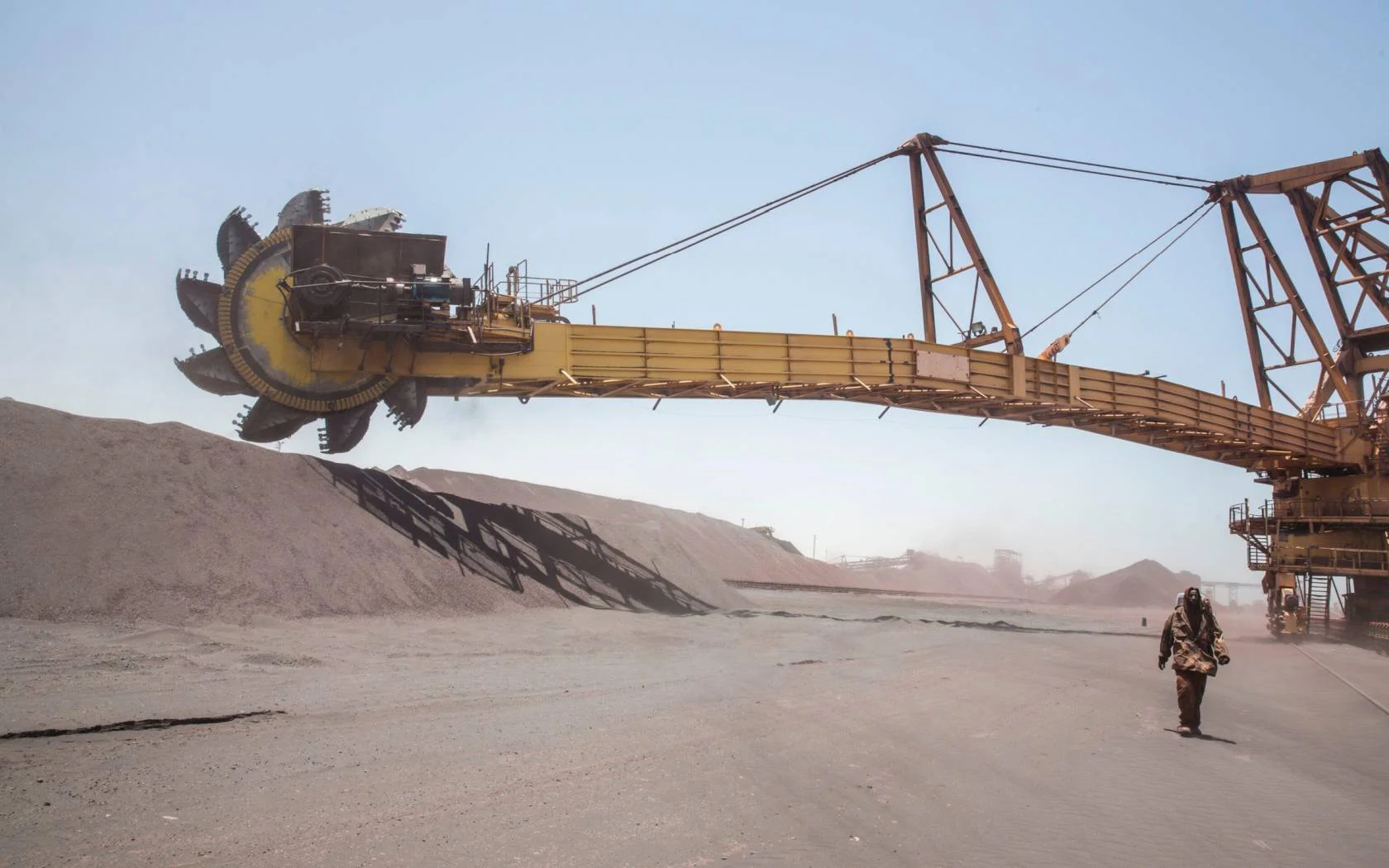Mining Other

Why the West is missing out on Africa’s minerals

The global race for artificial intelligence (AI) supremacy is intensifying the geopolitical competition for Africa's vast mineral wealth. As Western nations risk falling behind, China is consolidating its control over the critical minerals essential for modern computing, green energy, and electronics, while Russia employs more destabilizing tactics to secure its own interests.
China's Strategic Dominance
China has built a commanding position through massive infrastructure investment and strategic diplomacy. Its approach includes:
Massive Trade & Investment: Trade with Africa skyrocketed from $1.4 billion in 1995 to over $282 billion in 2023. China is the largest bilateral creditor and a primary investor in key mines, controlling 15 out of 17 cobalt operations in the DRC and investing billions in lithium projects across the continent.
Infrastructure for Access: Through the Belt and Road Initiative (BRI), China has committed over $170 billion to build railways, ports, and highways, creating the supply chains needed to extract and export minerals.
A Mixed Legacy: This strategy, however, often burdens countries with debt and has been linked to environmental disasters and poor safety standards, as seen in mining accidents in Zambia and South Africa.
Russia's Destabilizing Influence
In contrast to China's economic strategy, Russia relies on coercion and mercenary forces to gain a foothold.
Mercenary Enforcement: The Wagner Group and other Private Military Companies (PMCs) protect Russian-operated mines, prop up authoritarian regimes, and foment instability, extracting an estimated $2.5 billion in gold from countries like Sudan and the Central African Republic.
Arms for Influence: As Africa's largest arms supplier, Russia uses military cooperation with 43 African nations to disrupt traditional Western security ties and break its diplomatic isolation.
The Western Response: A Strategic Vacuum
The article argues that Western nations, particularly the US, are failing to present a coherent alternative. The current US approach under the Trump administration, focused on tariff wars, is seen as ceding strategic ground. While the G7 has launched counter-initiatives like the Lobito Corridor railway, they lack the scale and coordination of China's efforts. The previous Biden strategy, which emphasized diversifying supply chains and supporting African economic development, has been disrupted.
The Stakes for Africa and the World
The demand for minerals like lithium, cobalt, and graphite is projected to increase by 500% or more by 2050. For African nations, this competition presents both an opportunity and a profound challenge. The continent faces the recurring problem of exporting raw materials while bearing the human and environmental costs of extraction, without capturing the full economic value.
The central conclusion is clear: if Western nations do not fundamentally rethink their engagement with Africa—moving beyond a purely extractive model to forge partnerships based on mutual economic development and infrastructure support—they will lose the geopolitical game for the resources that will power the 21st century.












